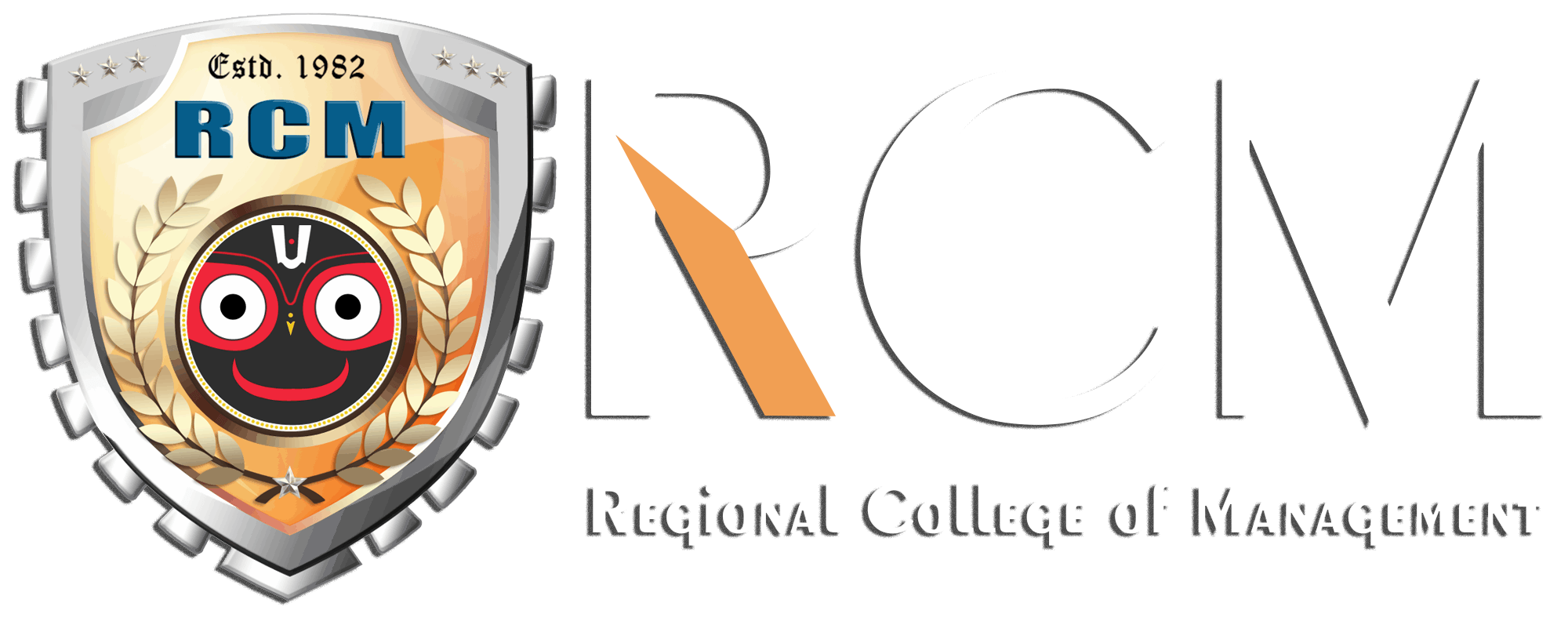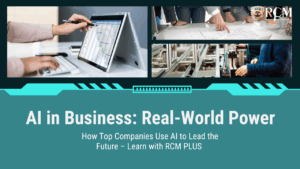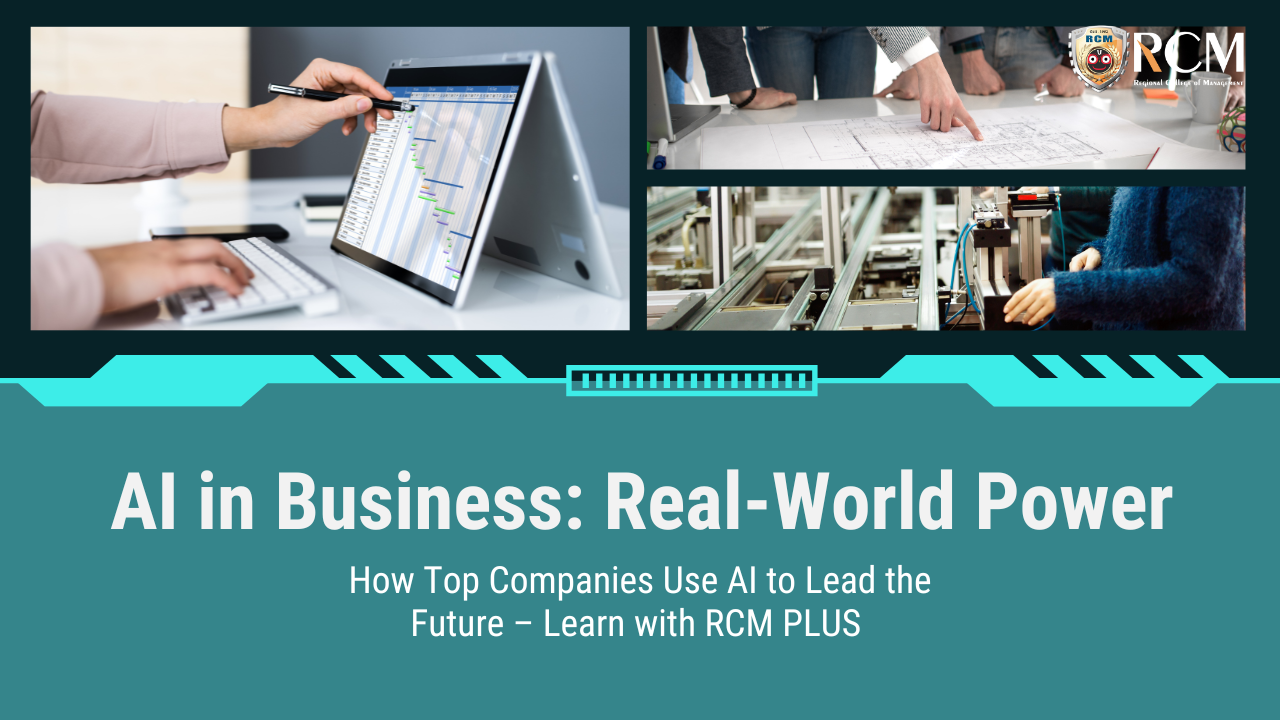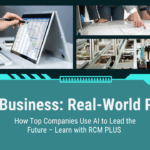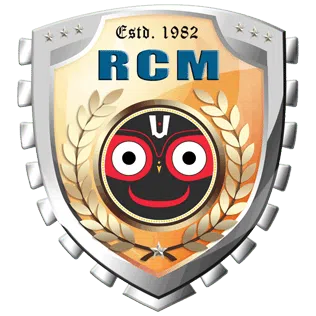Enterprise resource planning (ERP)
As per the information and knowledge we gain from the sources, ERP is the integrated administration of large business systems, usually in real-time and mediated by software and technology. ERP is a type of business management software, typically a suite of linked applications that an organization can use to collect, store, manage, and interpret data from various business activities.
- An ERP software system can also unify planning, inventory purchasing, sales, marketing, finance, human resources, and other functions.
- ERP software encompasses all of the procedures required to manage a business.
- ERP solutions have changed over time, and many are now web-based apps that users may use from anywhere.
- The free flow of communication across business departments, a single source of information, and precise, real-time data reporting are a few of the advantages of ERP.
- A corporation can select from hundreds of ERP software, the majority of which can be customized.
- If an ERP system is not carefully implemented, it can be ineffective.
Acknowledging Enterprise Resource Planning (ERP)
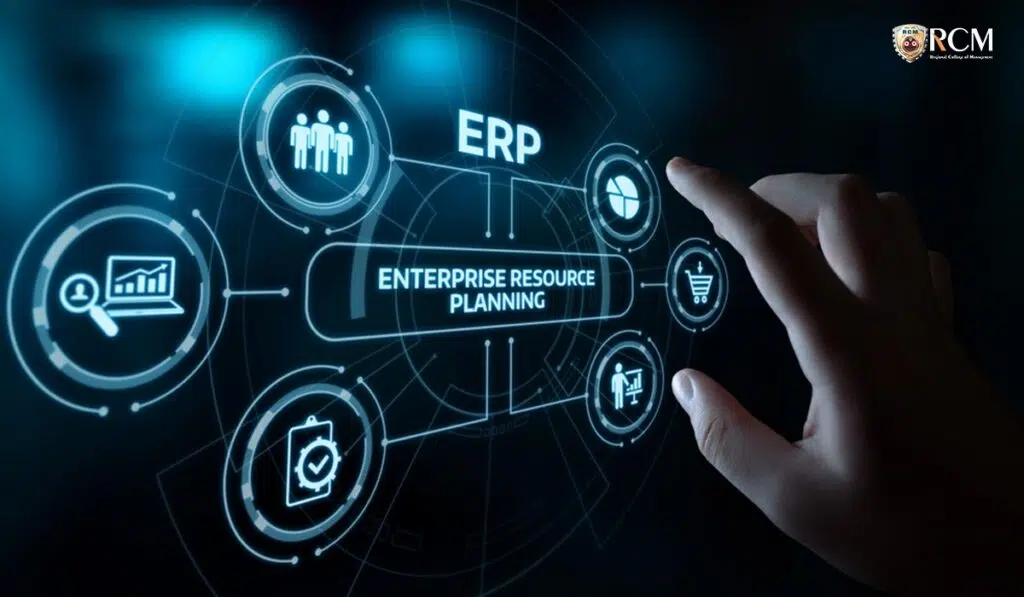
ERP applications also make it easier for different departments to communicate and exchange information across teams within the organization. It gathers information about the performance and status of various divisions and makes it available to other areas where it can be used efficiently.
It helps an organization to be alert and self-aware by connecting the data about production, finance, distribution, and human resources altogether.
How Does ERP Function?
ERP has evolved and changed from old software models based on physical client servers and manual entry systems to cloud-based software with remote, web-based access. The framework is normally managed by the company that developed it, with client companies renting platform services.
Businesses can choose which applications to utilize. The hosting provider then puts the applications on the server that the customer is renting, and both parties begin integrating the client’s processes and data into the platform.
When all departments are connected to the system, all data is collected on the server and made quickly available to those with access to it. Reports can be prepared with metrics, graphs, or other visualizations and any assistance that a client may require to determine the performance of the firm and its departments.
The Advantages of Enterprise Resource Planning
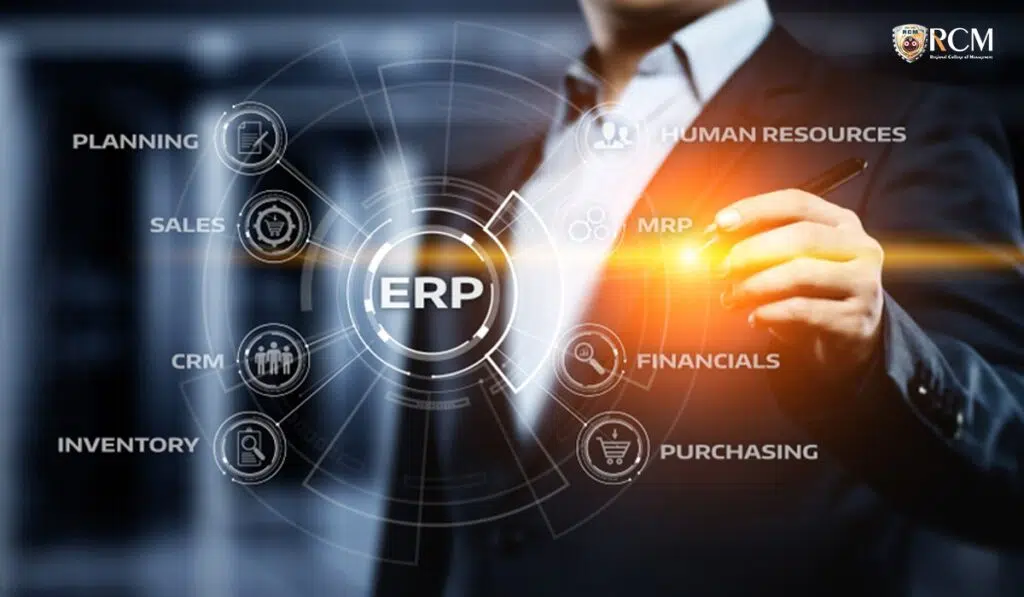
Businesses use enterprise resource planning (ERP) for a variety of reasons, including growth, cost reduction, and improved operations. The benefits sought and realized by companies may vary for a variety of reasons. including growth, cost reduction, and improved operations. The benefits sought and realized by companies may vary, but some stand out.
What Are the 5 ERP Elements?
The elements of an ERP system are determined by the demands of the firm. However, there are a few crucial qualities that every ERP should have. Finance, human resources, logistics and manufacturing, supply chain management, and customer relationship management are common bundles.
What Are the Different Types of ERP?
In general, ERP systems can be deployed in three ways: cloud-based, on-premises, or a hybrid of the two. A company can select from hundreds of alternatives, including finance, supply chain management, and human resource management.
Conclusion
Enterprise resource planning (ERP) is a system that controls and connects corporate activities. Companies can better plan and allocate resources with a greater line of sight. Companies that do not use ERP tend to function in silos, with each department using its own unconnected system.
Open communication and knowledge sharing throughout a business encourage system integration for increased productivity and efficiencies, and higher efficiencies among teams and departments.
